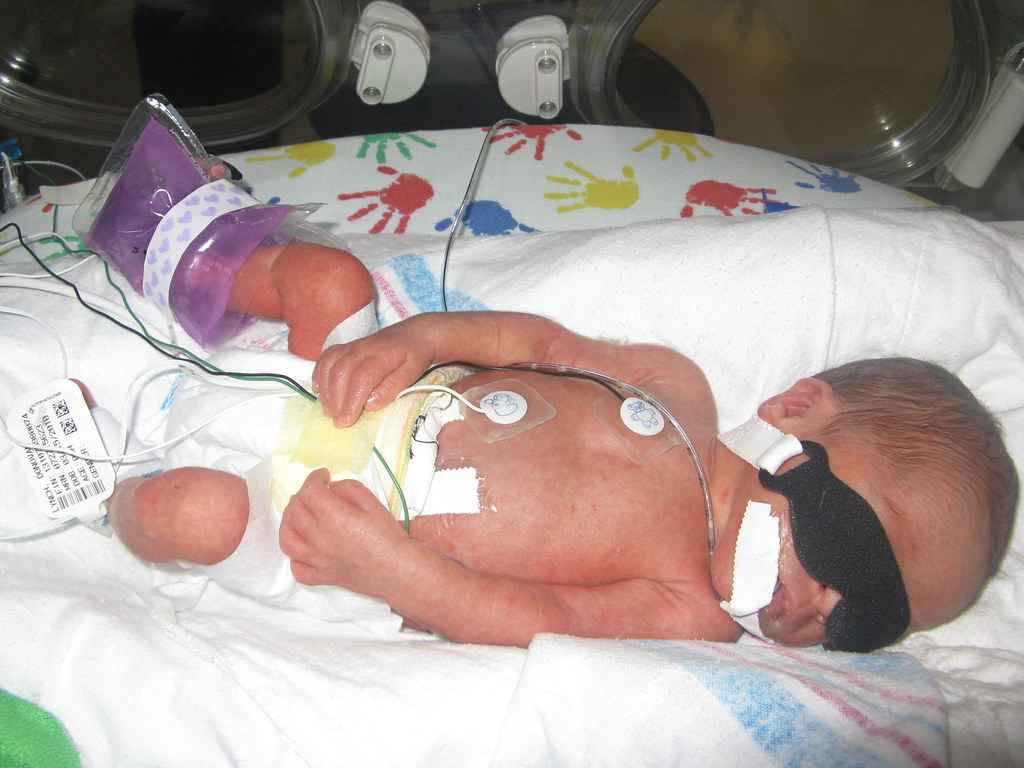Bilirubin Infant Levels: A Complete Guide for Parents in India
Bilirubin infant levels play a crucial role in identifying and managing newborn jaundice. Many babies in India develop jaundice within the first few days after birth. In most cases, it is harmless. However, when bilirubin levels rise beyond safe limits, timely treatment becomes essential.
Our Bilirubin Infant Levels guide explains:
- What bilirubin is
- Normal bilirubin levels in infants
- When bilirubin becomes dangerous
- Symptoms of high bilirubin
- How doctors check bilirubin levels
- Treatment options, including phototherapy
- Home phototherapy support in Hyderabad and Bangalore
The goal is to help parents understand bilirubin levels clearly and act early.
What Is Bilirubin in Infants?
Bilirubin is a yellow substance formed when red blood cells break down. Newborn babies produce more bilirubin than adults because they have a higher red blood cell count.
A baby’s liver is still immature. It cannot remove bilirubin efficiently. As a result, bilirubin builds up in the blood. This condition is known as neonatal jaundice.
The visible signs include:
- Yellow skin
- Yellow eyes
- Pale or sleepy behavior
Monitoring bilirubin levels in infants helps doctors decide whether treatment is required.
Normal Bilirubin Levels in Newborns
Bilirubin levels are measured in mg/dL (milligrams per deciliter).
| Baby’s Age | Normal Range |
| 0–24 hours | Below 5 mg/dL |
| 2–3 days | Up to 12 mg/dL |
| 4–5 days | Up to 15 mg/dL |
| After 1 week | Gradually decreases |
These values may vary based on:
- Birth weight
- Gestational age
- Feeding pattern
- Medical history
Doctors use charts to compare bilirubin levels with the baby’s age in hours.
When Are Bilirubin Levels Dangerous?
Bilirubin becomes risky when it crosses the safe range for a baby’s age.
High bilirubin levels can:
- Affect the brain
- Cause hearing problems
- Lead to kernicterus
- Create long-term damage
Immediate treatment is required if:
- Levels rise rapidly
- Jaundice spreads to the arms and legs
- Baby becomes lethargic
- Feeding reduces
Early detection prevents complications.
How Are Bilirubin Levels Checked?
Doctors use two methods:
1. Transcutaneous Test
A handheld device checks bilirubin through the skin. It is painless and quick.
2. Blood Test
A small blood sample gives accurate results. It is used when levels are high.
Both methods help track bilirubin infant levels safely.
Treatment for High Bilirubin in Infants
The most effective treatment is phototherapy.
Phototherapy uses blue light to:
- Break down bilirubin
- Convert it into a water-soluble form
- Allow easy removal through urine and stool
Treatment continues until bilirubin returns to a safe range.
Can Bilirubin Be Treated at Home?
Yes. Mild to moderate bilirubin levels can be managed with home phototherapy under a doctor’s guidance.
Home treatment is ideal when:
- Baby is stable
- Feeding is normal
- Doctor approves
It reduces hospital stay and keeps the mother and baby together.
Phototherapy Machine on Rent in Hyderabad
Parents in Hyderabad can now manage newborn jaundice at home with ease.
We provide phototherapy machine rental in Hyderabad with:
- Same-day delivery within city limits
- Hospital-grade LED machines
- Simple home setup
- Affordable daily plans
- Full guidance and support
Our equipment is:
- Doctor-recommended
- Hygienically cleaned
- Tested before every delivery
This service allows parents to treat high bilirubin levels safely at home.
Phototherapy Machine on Rent in Bangalore
For families in Bangalore, we offer fast and reliable home phototherapy rental services.
Our Bangalore service includes:
- Immediate delivery
- Medical-grade phototherapy units
- Easy operation
- Budget-friendly rental
- Continuous support
It is ideal for babies discharged early but needing bilirubin control.
Home care ensures comfort and faster bonding.
Signs Your Baby May Have High Bilirubin
Watch for these symptoms:
- Yellow skin, especially on the face and chest
- Yellow eyes
- Poor feeding
- Excessive sleep
- High bilirubin report
Contact your pediatrician immediately if you notice these signs.
When Does Bilirubin Return to Normal?
Most babies show improvement within:
- 24 to 48 hours of phototherapy
- 3 to 5 days naturally
Doctors stop treatment once levels reach the safe zone.
Regular follow-up ensures complete recovery.
Why Monitoring Bilirubin Infant Levels Is Important
Tracking bilirubin helps:
- Prevent brain damage
- Reduce hospital admission
- Ensure safe recovery
- Guide treatment duration
Early action saves lives and protects development.
Final Thoughts
Understanding bilirubin infant levels empowers parents to act early. Newborn jaundice is common in India, but it becomes dangerous when ignored.
With home phototherapy options now available in Hyderabad and Bangalore, parents can manage treatment comfortably and safely.
If your baby has rising bilirubin levels, consult your doctor and take action immediately.
Early care ensures a healthy start to life.
Blue Light for Jaundice at Home
Blue light therapy for jaundice at home is an effective way to treat newborns with mild jaundice. This therapy uses a blue light source to break down excess bilirubin in the baby’s blood, helping to improve liver function. Many parents choose blue light for jaundice at home due to convenience and comfort. However, it is important to consult a pediatrician before starting home treatment. Portable phototherapy units are available, making it easier to provide continuous care without hospital visits. Always follow medical guidelines when using blue light for jaundice at home to ensure your baby’s health and safety.

